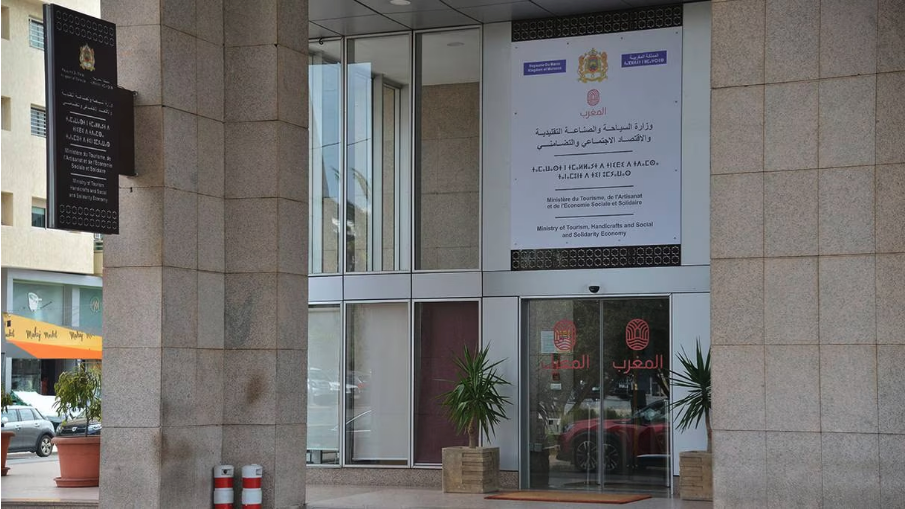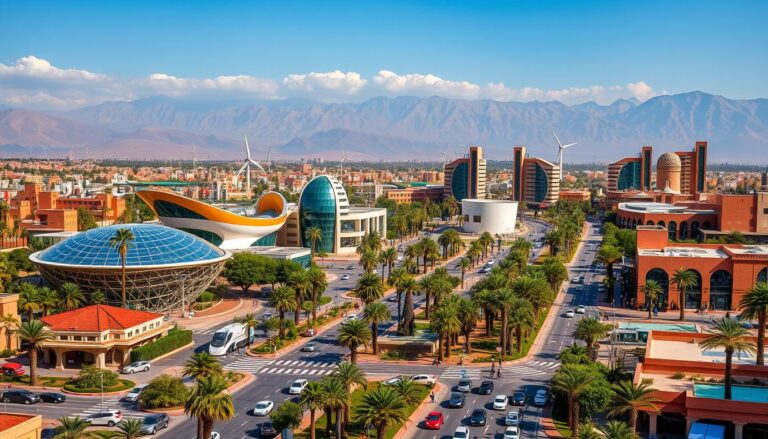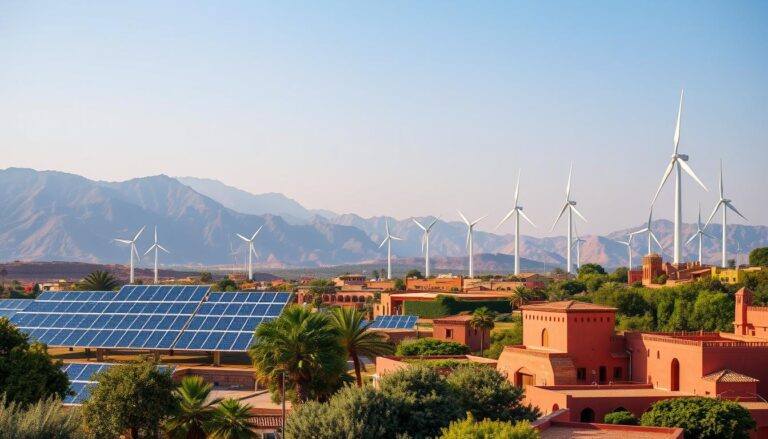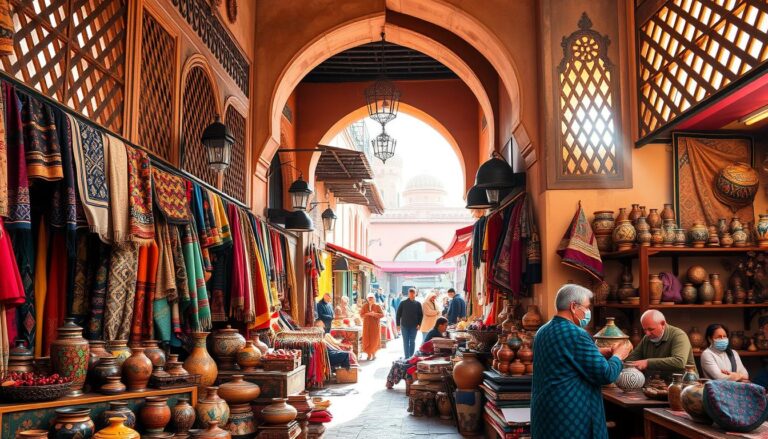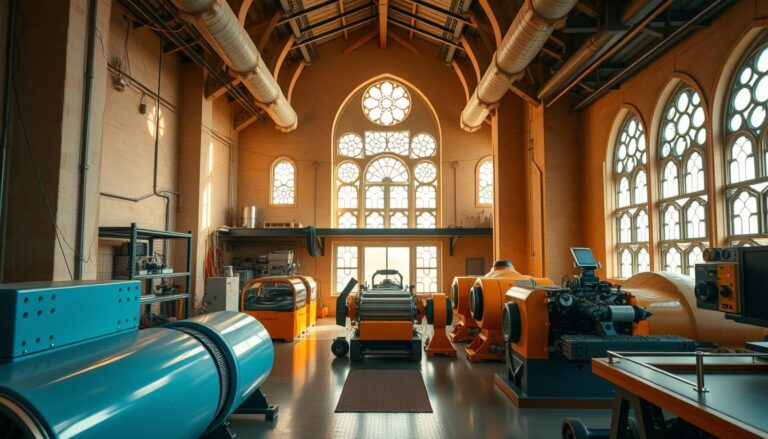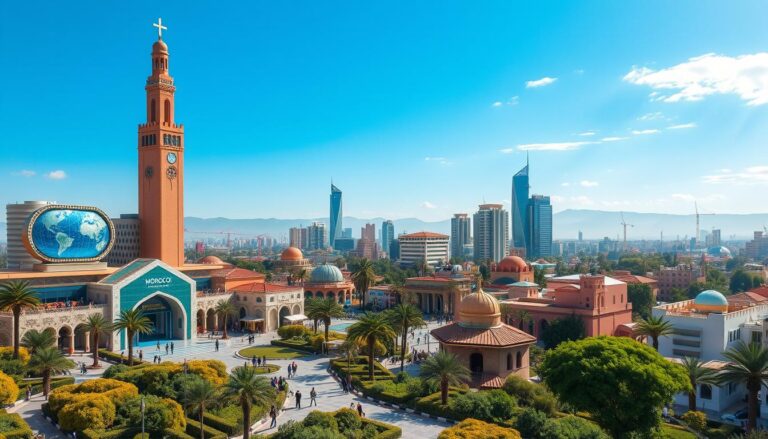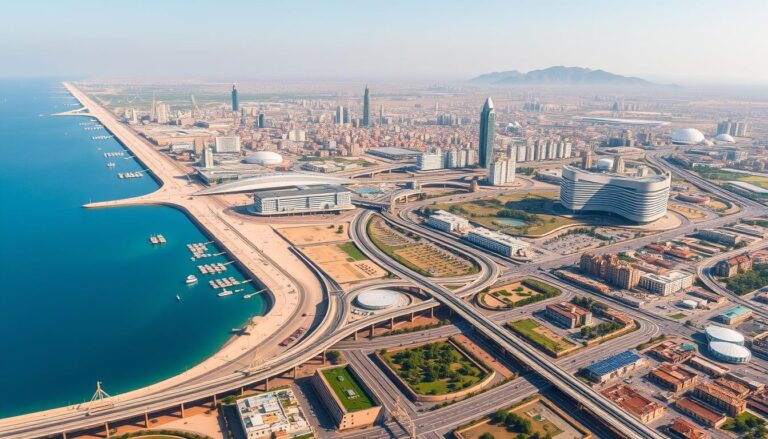As one of the most attractive destinations in North Africa, tourism has played a critical role in Morocco’s economic development. This sector has been a major contributor to the country’s GDP and has created employment opportunities while spurring infrastructure development across the country. In this article, we will explore the growth of tourism in Morocco, its economic impact, and the strategic initiatives that the country has taken to promote sustainable tourism while showcasing its diverse natural and cultural landscapes. If you are planning a visit to Morocco, this article will help you gain insights into what to expect and how to make the most of your experience.
The Growth of Tourism in Morocco
Morocco has become one of the most sought-after tourist destinations in recent years, and the numbers back it up. According to the Moroccan Ministry of Tourism, the country welcomed 13 million tourists in 2019, an increase of 5.2% from the previous year. The upward trend has continued in 2021, with the country receiving over 3.3 million tourists in the first quarter alone.
The growth of tourism in Morocco can be attributed to various factors. Firstly, the country’s strategic location and accessibility make it an appealing gateway to Africa. Morocco also offers a unique blend of cultural heritage, natural landscapes, and outdoor activities that appeal to a diverse range of tourists. Additionally, the government’s efforts to promote the country as a tourist destination have amplified the country’s visibility.
The Impact of COVID-19
Like many countries around the world, Morocco’s tourism industry was hit hard by the COVID-19 pandemic. In 2020, the country saw a significant drop in tourist arrivals, with only 5.3 million visitors compared to the 13 million in 2019. However, the Moroccan government has taken measures to revive the industry, including implementing health and safety protocols, launching new marketing campaigns, and offering financial support to businesses in the tourism sector.
Overall, tourism in Morocco has shown resilience in the face of adversity and is well-positioned to continue its growth trajectory in the coming years.
The Economic Impact of Tourism in Morocco
Tourism is a significant contributor to the Moroccan economy, with direct and indirect economic benefits. In 2019, the tourism sector generated approximately $8.6 billion in revenue, accounting for 7% of the country’s GDP. Furthermore, tourism is a key source of employment, providing over 2 million jobs, or around 7% of total employment in the country.
The direct contribution of tourism to the economy includes revenue generated from tourist spending on accommodation, transportation, food and beverages, and cultural activities. Additionally, the sector contributes to the development of infrastructure, such as transportation networks, accommodations, and public facilities.
Indirect contributions arise from the multiplier effect of tourism spending, such as the jobs created in support industries like food production and transport, and the increased demand for goods and services.
| Economic data | 2019 |
|---|---|
| Total contribution to GDP | 7% |
| Total revenue generated | $8.6 billion |
| Employment generated | 2 million jobs |
However, the tourism industry in Morocco is heavily dependent on seasonal demand, with the majority of tourist arrivals occurring between June and October. This creates a challenge for maintaining a steady flow of income and employment opportunities throughout the year.
Nevertheless, the Moroccan government has adopted various initiatives to address these challenges and promote sustainable tourism. These include the implementation of measures to market Morocco as a year-round tourist destination, the diversification of tourism offerings, and the development of new infrastructure to improve accessibility. Through these strategies, Morocco aims to achieve its goal of attracting 20 million tourists and generating $30 billion in revenue by 2025.
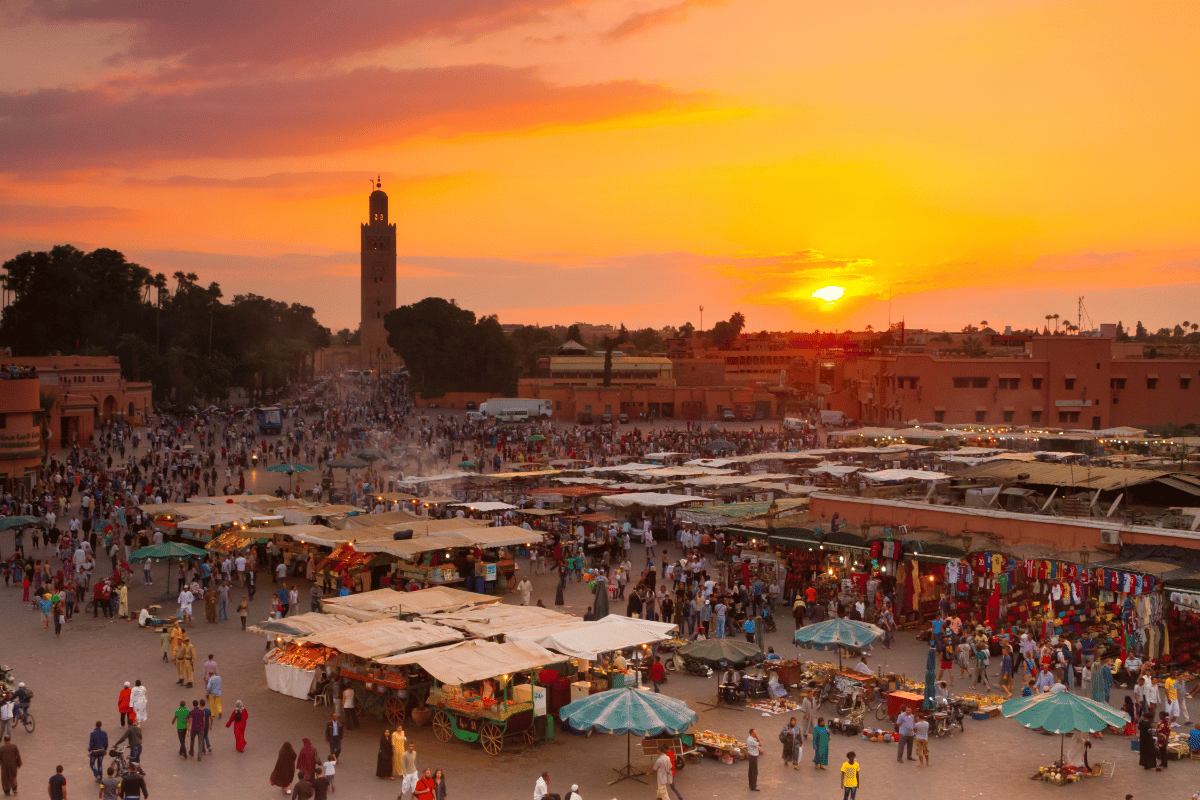
Strategic Initiatives to Boost Tourism in Morocco
With the aim of strengthening the role of tourism in Morocco’s economic development, the government has implemented several strategic initiatives to promote the country as a prime tourist destination. These initiatives include:
| Initiative | Description |
|---|---|
| National Tourism Strategy 2020 | Launched in 2010, this strategy aims to attract 20 million tourists annually by 2020. It focuses on upgrading infrastructure, diversifying tourism offerings, and improving the quality of services. |
| Tourism Vision 2025 | This initiative, launched in 2015, aims to boost tourism revenue to 200 billion MAD by 2025. It emphasizes sustainable tourism practices, the promotion of cultural heritage, and the development of new tourism products. |
| Promotional Campaigns | The Moroccan National Tourism Office has launched various campaigns to attract tourists from different regions of the world. These campaigns focus on the unique cultural and natural attractions of the country and highlight the diversity of its tourism offerings. |
In addition to these initiatives, Morocco has also prioritized infrastructure development to support the growth of the tourism industry. The government has invested in the expansion of airports, the construction of new hotels and resorts, and the improvement of transportation networks.
Impact of Strategic Initiatives
The strategic initiatives implemented by Morocco to boost tourism have yielded positive results. The country has experienced a steady growth in the number of tourist arrivals, with over 13 million tourists visiting in 2019, a 6% increase from the previous year. This increase has contributed to the economic development of the country, with tourism generating over 78 billion MAD in revenue in 2019, a 5.2% increase from the previous year.
The initiatives have also had a positive impact on job creation, providing employment opportunities in various sectors such as hospitality, transportation, and tour operations. In 2019, the tourism industry accounted for around 2.5 million jobs, or 11% of the country’s total employment.
With the implementation of these initiatives, Morocco is well positioned to continue its growth in the tourism industry and further contribute to the economic development of the country.

Cultural and Historical Attractions in Morocco
Morocco’s rich cultural and historical heritage is a major draw for tourists from around the world. From its ancient medinas to its stunning mosques and impressive architecture, Morocco offers a unique and unforgettable experience.
The country boasts four UNESCO World Heritage sites, including the famous fortified city of Ait-Ben-Haddou, the Medina of Marrakesh, and the Roman ruins of Volubilis. These attractions provide glimpses into Morocco’s diverse history and offer a chance to witness the country’s unique blend of Arab, Berber, and European cultures.
One of the most iconic cultural attractions in Morocco is the Hassan II Mosque in Casablanca. Completed in 1993, it remains one of the largest mosques in the world and is a remarkable example of modern Islamic architecture.
The Medina of Fes
The Medina of Fes is a maze of narrow alleys and streets lined with traditional shops and vendors. It is the largest pedestrian-only urban area in the world and has been a UNESCO World Heritage site since 1981. Visitors can explore the medina’s many landmarks and attractions, including the Al-Attarine Madrasa and the historic Kairaouine Mosque.
Another notable destination in Fes is the Royal Palace, a stunning example of Moroccan architecture and design. Visitors can tour the palace’s impressive gardens, adorned with fountains, sculptures, and exotic plants.
The Blue City of Chefchaouen
The picturesque town of Chefchaouen, nestled in the Rif Mountains, is known for its distinctive blue-painted buildings and charming streets. This vibrant town is a popular destination for local and international tourists alike, offering a unique blend of Moroccan and Spanish influences.
In Chefchaouen’s medina, visitors can explore the bustling souks and bazaars, filled with traditional handicrafts and souvenirs. The town is also home to a number of historic landmarks, including the Kasbah Museum and the Andalusian Gardens.
“Morocco offers a unique and unforgettable experience.”
For those seeking a glimpse of Morocco’s colonial past, the city of Casablanca is not to be missed. The city’s Art Deco architecture and bustling atmosphere provide a stark contrast to the country’s more traditional settings.
Overall, Morocco’s cultural and historical attractions are a testament to its rich past and vibrant present. Whether exploring the winding alleys of Fes or marveling at the grandeur of the Hassan II Mosque, visitors are sure to be captivated by the country’s unique blend of history and culture.
Diverse Natural Landscapes and Outdoor Activities in Morocco
Aside from the rich cultural and historical attractions, Morocco also boasts diverse natural landscapes and a wide range of outdoor activities that appeal to nature lovers and adventure seekers.
The country’s stunning mountains, deserts, and coastlines offer a plethora of opportunities for exploration and adventure. Hiking enthusiasts can trek through the Atlas Mountains, which offer spectacular views and diverse terrain. The High Atlas Mountains, in particular, are a popular destination for trekking, with peaks like Toubkal rising to over 4,000 meters.
| Activity | Description |
|---|---|
| Trekking | The Atlas Mountains offer a variety of trekking routes, ranging from short day hikes to multi-day expeditions with camping. |
| Water Sports | Morocco’s coastlines provide a range of water sports activities, such as surfing, wind-surfing, kitesurfing, and paddleboarding. |
| Desert Adventures | The Moroccan Sahara desert offers a unique adventure with camel treks, 4×4 dune bashing, sandboarding, and camping under the stars. |
For those seeking a more relaxed outdoor experience, Morocco also has plenty to offer. The country has a diverse range of natural attractions such as the Ouzoud Waterfalls and the Todra Gorge, both offering stunning scenery and the opportunity for a leisurely stroll.
In addition to outdoor activities, Morocco also has a number of national parks and nature reserves, such as the Toubkal National Park, which offer opportunities for nature enthusiasts to admire the country’s unique flora and fauna.
Overall, Morocco’s natural landscapes and outdoor activities make it a popular destination for adventure seekers and nature enthusiasts alike.
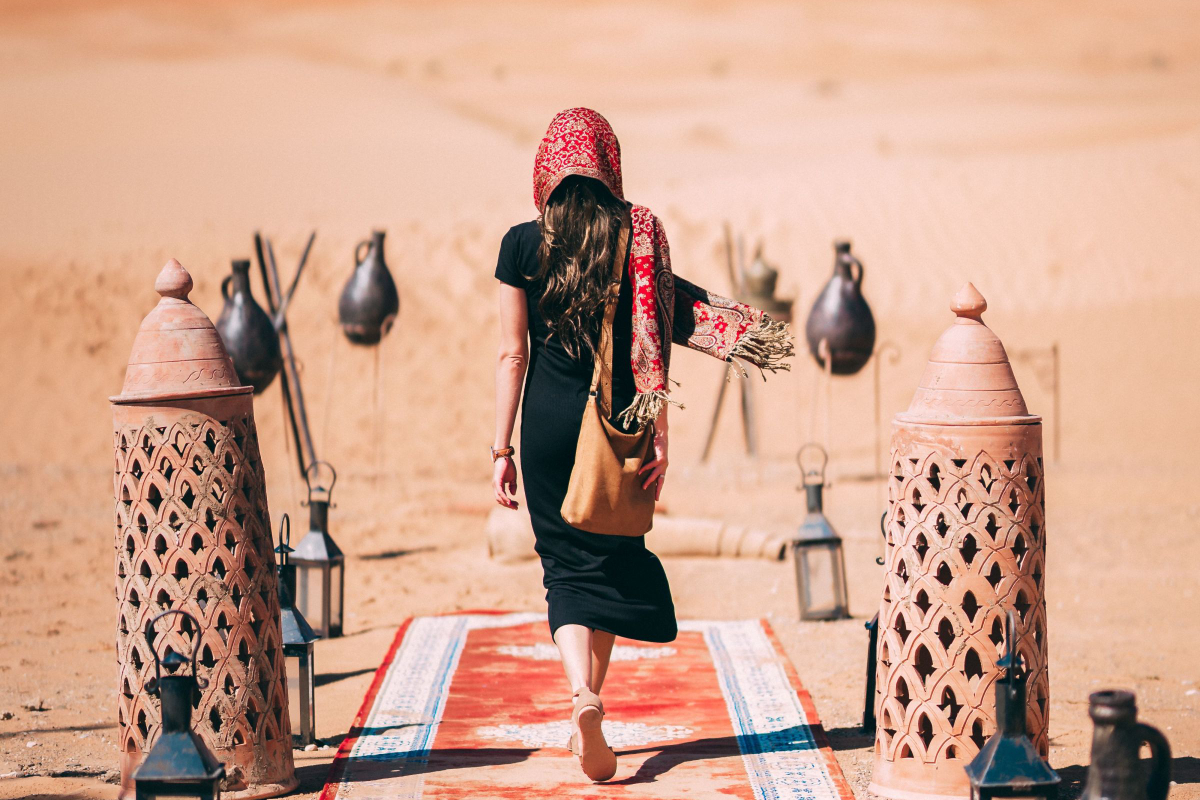
Sustainable Tourism Practices in Morocco
Morocco has a strong commitment to promoting sustainable tourism practices that preserve the country’s natural and cultural heritage for future generations.
One of the ways it does this is through eco-tourism initiatives that encourage responsible travel. These initiatives include sustainable accommodation options, such as eco-lodges and campsites, that are built with minimal impact on the environment. They also provide opportunities for visitors to engage in responsible activities such as sustainable hiking and trekking, birdwatching, and wildlife conservation efforts.
Another way Morocco promotes sustainable tourism is through its commitment to sustainable development. The country has implemented a number of projects that aim to protect natural resources, improve environmental quality, and conserve cultural heritage.
Morocco has also taken steps to promote responsible tourism practices among local communities. This includes supporting local businesses and promoting cultural awareness among visitors.
Overall, Morocco’s commitment to sustainable tourism practices ensures that visitors can enjoy the country’s rich cultural and natural heritage while contributing to the development and preservation of local communities.
Tourism Challenges and Future Outlook in Morocco
Although Morocco’s tourism industry has experienced significant growth in recent years, it also faces several challenges that could impact its future. One of the most pressing challenges is the need for infrastructure development in areas such as transportation and accommodation. To overcome this, the Moroccan government has implemented a plan to boost infrastructure spending in the tourism sector.
Another challenge is the need to diversify the country’s tourism offerings beyond its cultural and historical attractions. While these are undoubtedly popular among tourists, diversification would help attract a wider range of travelers and reduce vulnerability to economic fluctuations. Morocco has already taken steps to address this, focusing on developing its nature and adventure tourism segment.
Competitiveness in the global tourism market is also a concern. Morocco competes with other popular tourist destinations such as Egypt and Turkey, and must work to maintain its position as a leading destination in the region. To do this, the country must continue to develop innovative marketing strategies and initiatives to showcase its unique offerings to international tourists.
While these challenges exist, there is also a positive outlook for the future of Morocco’s tourism industry. The country’s commitment to sustainable tourism practices and investments in infrastructure will help attract more tourists and ensure long-term growth. Additionally, there is potential for increased investment in private sector tourism projects, which could in turn create jobs and contribute further to the country’s economy.
Frequently Asked Questions (FAQ) about Tourism in Morocco
Planning a visit to Morocco can be an exciting yet overwhelming experience. To help answer some common questions and concerns, we’ve put together a list of frequently asked questions about tourism in Morocco.
Do I need a visa to visit Morocco?
Visitors from most countries can enter Morocco without a visa for stays of up to 90 days. However, it’s always best to check with your local Moroccan embassy or consulate for the latest visa requirements and regulations.
Is it safe to travel to Morocco?
Morocco is considered a safe country for tourism, and the government has made considerable efforts to ensure the safety of visitors. However, it’s always important to exercise common sense and be cautious when traveling, especially in crowded areas or at night.
What are some cultural norms to be aware of while in Morocco?
Morocco has a rich and diverse culture, and respecting local customs and traditions is essential. Modest clothing is recommended, particularly in rural areas or conservative neighborhoods. It’s also important to ask for permission before taking photos of people or religious sites.
What are some recommended destinations to visit in Morocco?
Morocco is home to a wide variety of destinations, each with its own unique charm and appeal. Some of the most popular destinations include Marrakech, Fes, Casablanca, Chefchaouen, and the Sahara Desert.
What types of accommodation are available in Morocco?
Morocco offers a range of accommodation options to suit all budgets and preferences, from luxury hotels and resorts to budget-friendly hostels and guesthouses. Traditional Moroccan riads are also a popular choice, offering a unique and authentic experience.
What are some outdoor activities to do in Morocco?
Morocco boasts a diverse range of natural landscapes and outdoor activities for visitors to enjoy, including hiking, trekking, surfing, and camel riding. Popular destinations for these activities include the Atlas Mountains, the coastal town of Essaouira, and the sand dunes of the Sahara Desert.
What is the best time of year to visit Morocco?
The best time to visit Morocco depends on your interests and the activities you plan to do. Spring (March to May) and autumn (September to November) are generally the best times to visit, as the weather is mild and pleasant. Summer (June to August) can be quite hot, while winter (December to February) can be rainy and chilly.
We hope this FAQ has helped answer some of your questions about tourism in Morocco. As always, it’s important to do your own research and plan ahead to ensure a safe and enjoyable trip.

The Editorial Team is a passionate group of Morocco enthusiasts dedicated to sharing the beauty, culture, and wonders of this captivating country. With diverse backgrounds and a deep love for travel, we strive to bring you engaging and informative content that inspires your Moroccan adventures. From uncovering hidden gems and sharing local insights to exploring mouthwatering cuisine and showcasing the vibrant lifestyle, our team is committed to providing you with valuable resources and exciting stories that enhance your exploration of Morocco. Join us on this journey as we celebrate the rich heritage and unforgettable experiences that make Morocco truly special.

